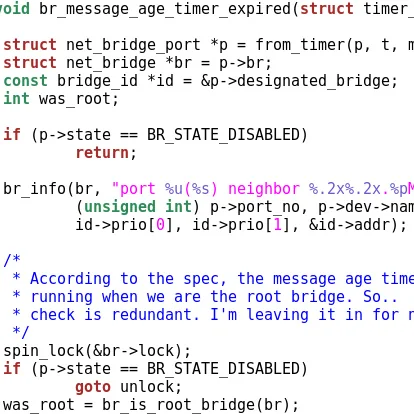The Linux Foundation, Intel & Co Form The Confidential Computing Consortium

The initial batch of companies forming the Confidential Computing Consortium include Alibaba, Arm, Baidu, Google Cloud, IBM, Intel, Microsoft, Red Hat, Swisscom, and Tencent. This consortium will focus on providing greater transparency and control over user data, reduce exposure to sensitive data, and other protections by means of open-source tooling and hardware advancements around trusted execution environments.
The Confidential Computing Consortium will embrace Trusted Execution Environments (TEEs) in particular with the Intel Software Guard Extensions (SGX) development kit, Microsoft's Open Enclave SDK for building TEEs, and Red Hat Enarx for hardware independence TEE support.
The new project site for the Confidential Computing Consortium hosted by the Linux Foundation is ConfidentialComputing.io.
Additional commentary also available from the LF press release and Intel's comments on this new consortium for confidential computing.
34 Comments

